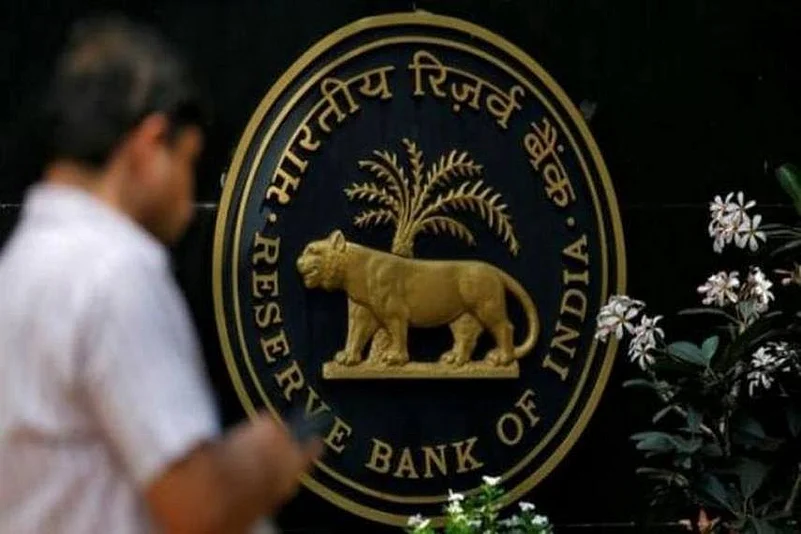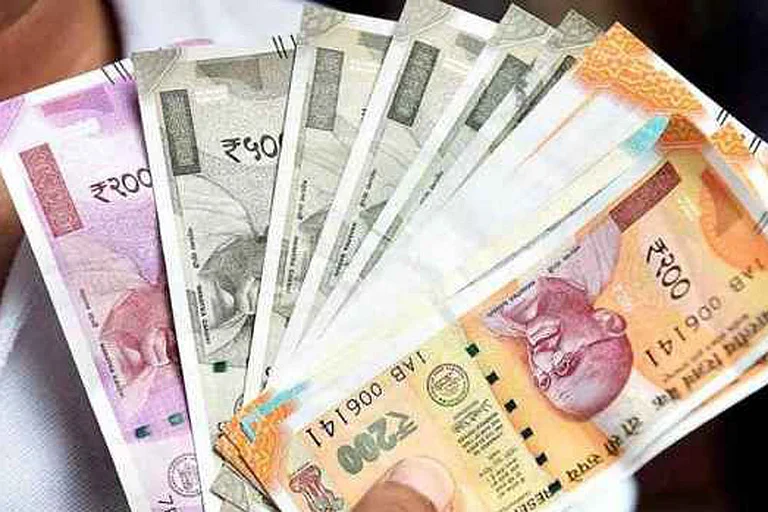If you have taken a loan or have a credit history, your credit information cannot be accessed by specified users (SUs) without you being intimated. The Reserve Bank of India (RBI) issued a master circular on January 6, 2025, consolidating its previous guidelines and instructions.
RBI Defines Credit Entities As:
Credit Information Companies (CICs) are companies registered under Section 5 of the Credit Information Companies (Regulation) Act, 2005, responsible for collecting and maintaining credit information.
Specified Users (SUs) are entities engaged in processing information to support credit institutions and are notified under Regulation 3 of the Credit Information Companies Regulations, 2006 (as amended from time to time).
Credit Institutions (CIs) include commercial banks, small finance banks, regional rural banks, local area banks, cooperative banks, and other RBI-regulated entities like the Export-Import Bank of India (EXIM Bank) and the National Bank for Agriculture and Rural Development (NABARD), etc.
Master Directions Affecting Customers
As per the RBIs master directions, “CICs shall send alerts through SMS/ email to customers when their CIR is accessed by the SUs, wherever mobile number/ email ID details of the customers are available. The alerts shall be sent by CICs only when the CIR inquiry reflects in the CIR of the customer”.
“CIs shall send alerts through SMS/ email to customers while submitting information to CICs regarding default/ days past due (DPD) in existing credit facilities, wherever the mobile number/email ID details are available”.
The bank has also modified the Uniform Credit Reporting Format for CIs and CICs for SMS and email alerts for customers’ ease.
Grievances
It directs the CIs (banks and non-bank institutions) to give a proper reason for rejecting customer requests for data correction in the credit information report while addressing grievances. They are required to provide a suitable reason from the list of reasons provided to them by the CICs.
Compensation For Delay Or Denial
If a customer’s complaint regarding rectification or updation of credit information is delayed, the CIs and CICs will be responsible for compensating the complainant. The compensation will be Rs 100 per day if the complaint remains pending for more than 30 days from the date of initial filing by the complainant.
“A CI shall pay compensation to the complainant if the CI has failed to send updated credit information to the CICs by making an appropriate correction or addition or 23 otherwise within twenty-one (21) calendar days of being informed by the complainant or a CIC”.
“A CIC shall pay compensation to the complainant if the CIC has failed to resolve the complaint within thirty (30) calendar days of being informed by the complainant or a CI, despite the CI having furnished the updated credit information to the CIC within twenty-one (21) calendar days of being informed by the complainant or the CIC”, reads the directions.
RBI Ombudsman
The compensation amount should be credited directly to the complainant’s bank account within five working days once the complaint is resolved. In case the compensation is denied, the customer can approach the RBI Ombudsman (under the Reserve Bank - Integrated Ombudsman Scheme, 2021). If it still remains unresolved, the customer can approach the Consumer Education and Protection Cell (CEPC) in the RBI’s Regional Offices.
Notably, SUs are directed to store credit information received from CICs for a maximum of six months unless required otherwise, for a particular purpose. Also, the credit information SUs receive should be processed and stored in India.












